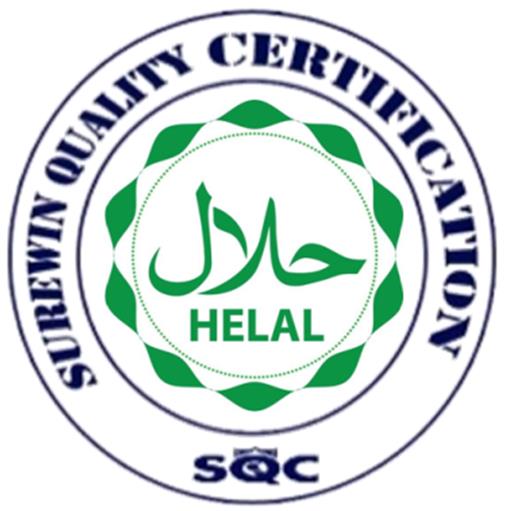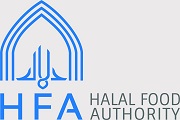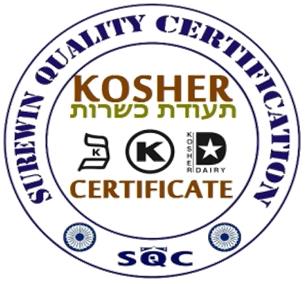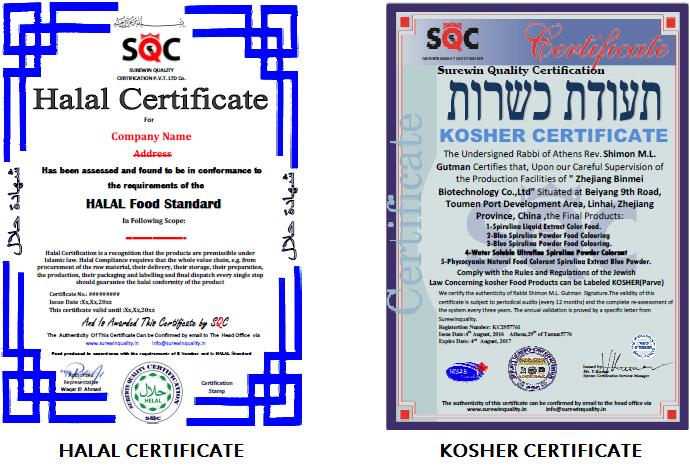
Halal is often used in reference to foods and drinks, i.e. foods that are permissible for Muslims to eat or drink under Islamic Shariʻah (law). The criteria specifies both what foods are allowed, and how the food must be prepared. The foods addressed are mostly types of meat and animal tissue,hallal is any object or an action which is permissible to use or engage in, according to Islamic law.
SQC Halal Authority (SQC-HA) is an independent, voluntary non-profit organizationcharity for inspection, certification and compliance of halal principles and practices in the INDIA food and beverages industry.
Our Mission
To establish the most practicable and robust halal assurance system facilitating comprehensive traceability of halal food serving the Muslim community and halal industry.
To become recognized as the most competent and compatible Halal Certifier in Europe, possessing a realistic service benchmark with a systematic approach, together with diligently implemented Islamic Jurisprudence.
Provide a high level of professional advice and service to consumers and manufacturers through education and awareness in the halal industry on halal related matters as the first point of contact.
To become a part of scientific research and innovation schemes and projects and to seek and utilize all available resources to further develop the global halal industry.
SQC is a Member of Halal Food Authority from 11-03-2022 ⇒⇒ 
E-Numbers Listing Halal

What does ‘kosher’ mean?
The English word “kosher” is derived from the Hebrew root “kashér,” which means “to be pure, proper, or suitable for consumption”
Kosher Dietary Rules and Regulations.
The laws of kosher are complex and extensive. The intention of this guide is to acquaint the reader with some of the fundamentals of kashrut and provide insight into its practical application. Given the complex nature of the laws of kosher, one should consult an Orthodox Rabbi whenever an issue arises.
Though an ancillary hygienic benefit has been attributed to the observance of kashrut, the ultimate purpose and rationale is to conform to the Divine Will, as expressed in the Torah.
Not too long ago, most food products were made in the family kitchen, or in a small factory or store in the local community. It was relatively easy to ascertain if the product was reliably kosher. If Rabbinical supervision was required, it was attended to by the Rabbi of the community, who was known to all. Today, industrialization, transcontinental shipping and mass production have created a situation where most of the foods we eat are treated, processed, cooked, canned or boxed commercially in industrial settings, which can be located hundreds or thousands of miles away from home.
SQC Kosher Agency(SQC-KA) in collaboration with a number of independent rabbis in India, it audits and issues kosher certificates
Sample Certificates


